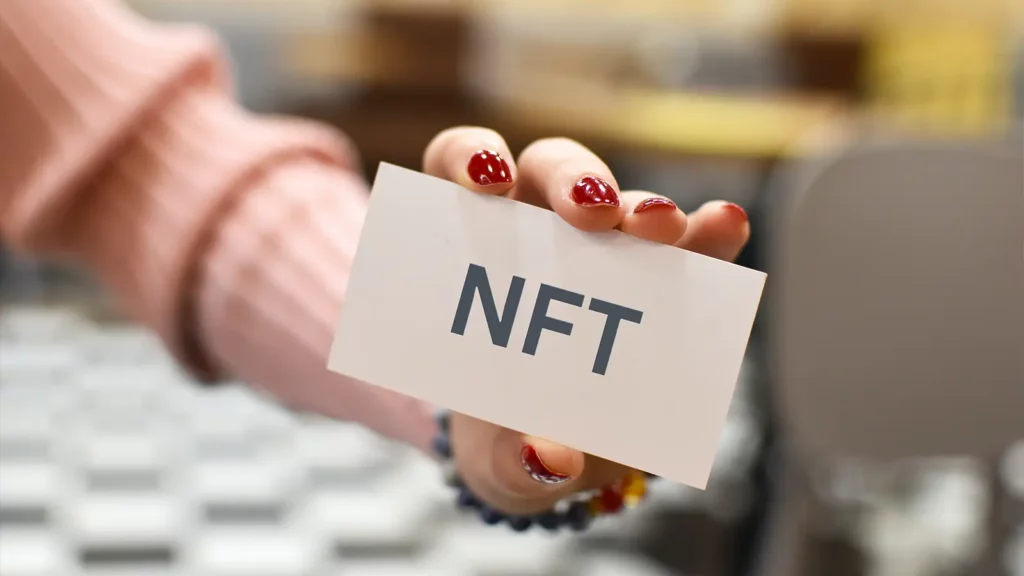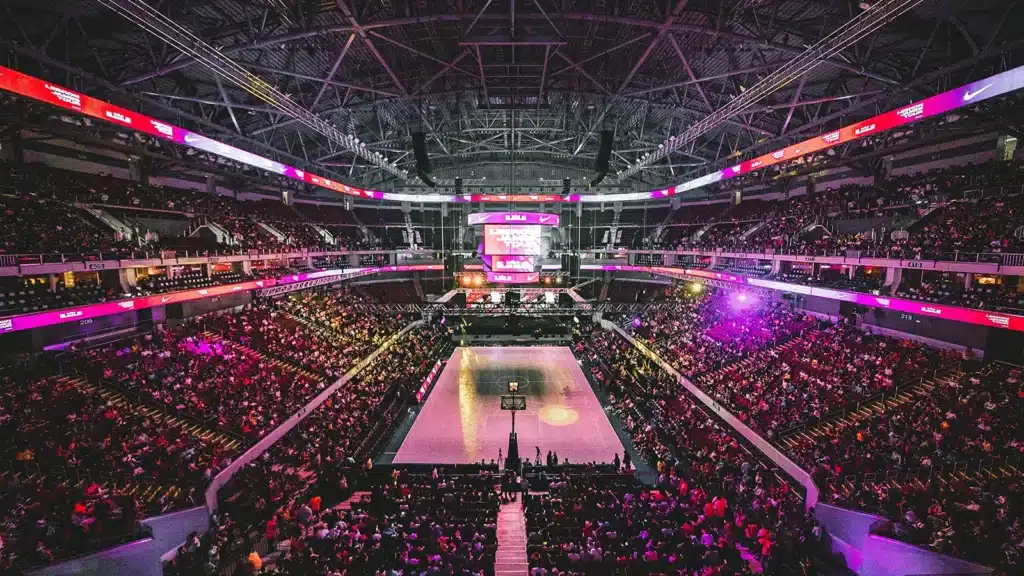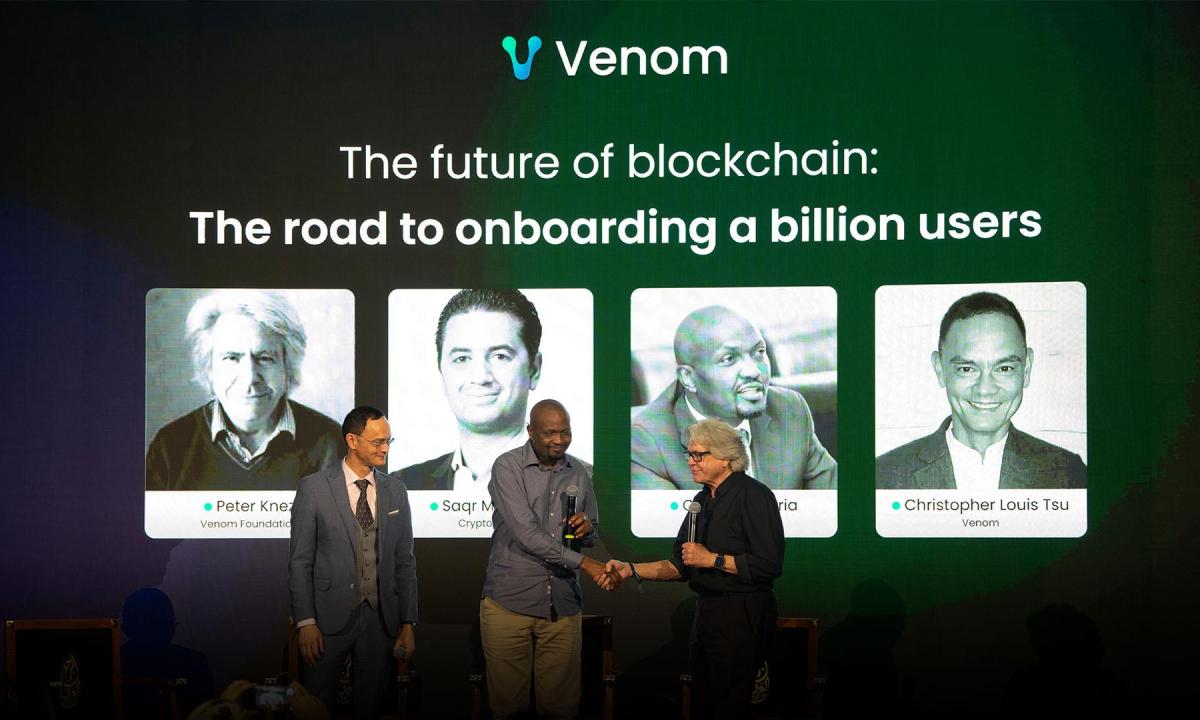Ticketing companies that lead with the understanding that NFT tickets are about appealing to the heart first and the wallet second will see more success than those that don’t.
The ticket market rests between consumers and the experience.
NFTs integrate the ticketing market into experiences like gatekeepers before an attendee enters an event and after they leave.

Through NFTs, ticket holders begin to experience an event as soon as they purchase access to it.
Imagine buying a ticket to a Coldplay concert; the ticket arrives in your Ethereum wallet, with access credentials to a community platform just for ticket holders.
The platform enables other ticket holders to chat, purchase exclusive merchandise and engage with the promoters. They can do all this before they even arrive at the concert venue.
After the concert, all ticket holders can share their memories of attending the event with their concert-going community.
This provides a powerful database for organizers and entertainers to learn from to understand what fans and attendees valued most about the experience.
The various ways NFTs will connect ticket holders, promoters and entertainment seem almost endless.
By strengthening the ticket market through further digitization, ticket holders’ experiences will only improve.
The power of mutually beneficial relationships

NFTs provide the opportunity to establish a new type of relationship with ticket holders.
In addition, they reduce the risk for the secondary market and create more opportunities for cooperation between all parties at the table.
As we explored earlier, NFT tickets allow promoters and entertainers to connect with fans more effectively.
They also enable venues, teams and leagues to collaborate more seamlessly by offering dynamic ticketing to fans.
The dynamic digital passes will be able to update fans automatically. They will receive special bonuses such as extra NFTs and exclusive items.
They could even receive food and drink vouchers to use at events.
Leagues and arenas can also leverage multiple incentives for frequent fan engagement, with tickets traveling with a single person across multiple events.
Some incentives can give fans the chance to win big rewards like upgraded seats or meet and greets. Therefore, these transactions are securely recorded and tracked through blockchain technology.
Also, promoters can program NFT tickets to collect a percentage of all future secondary sales back to them.
Other cooperating parties may receive a part of the sale depending on pre-designed conditions and agreement.
For example, if an NBA team was a partner involved in selling the ticket, they would also receive a portion of the sale in the secondary market.

This opens up a new income stream for all parties involved in the event. Fans begin to hold on to their tickets more knowing that there is a chance that their ticket value will increase over time.
Right now, the NBA and the teams it governs have never received such a revenue stream.
NFTs open up countless opportunities to improve fan experiences while creating opportunities for all parties involved in shaping the fan experience.
For example, for example, having more equitable income options and connecting with fans and consumers more personally.
Protects the experience
Currently, ticketing primarily proceeds in this order except for sporting events: the venue, the sellers such as Ticketmaster, the entertainment, and the agents and promoters.
However, the secondary market disrupts part of this revenue stream through ticket scalping and fraudulent ticket sales. Therefore, NFTs will prevent ticket scalping and fraud altogether.
Fans can be assured of the validity of their tickets by purchasing NFT tickets, along with securing the value of their ticket. Protecting the integrity of the experience is key to increasing sales in the future.
Do you have any thoughts on this? Transfer the discussion to ours Twitter or Facebook.
Editors’ recommendations:
Editor’s note: This post was written by Hunter Abramson, CEO of Relic Tickets.



